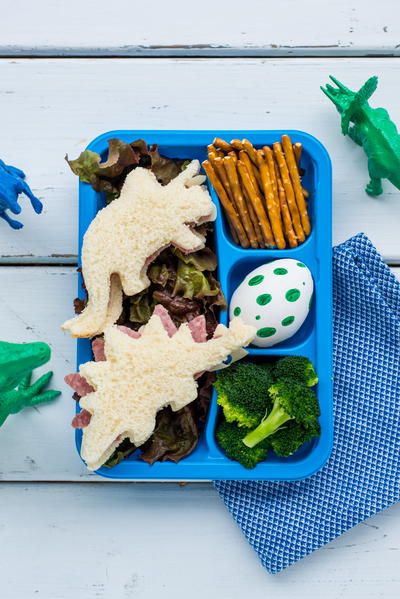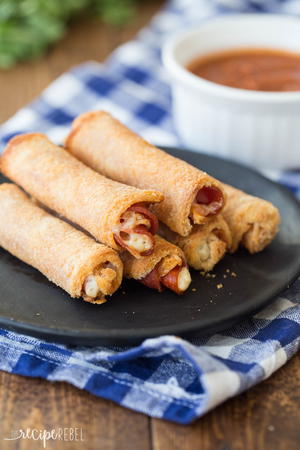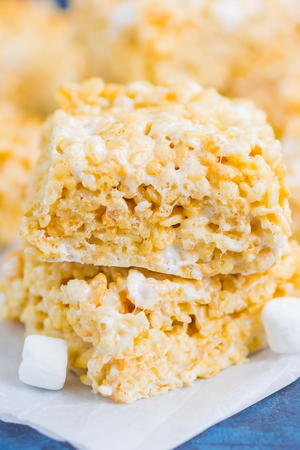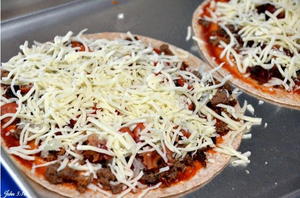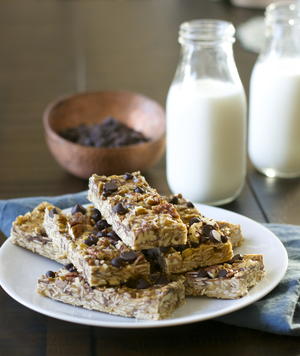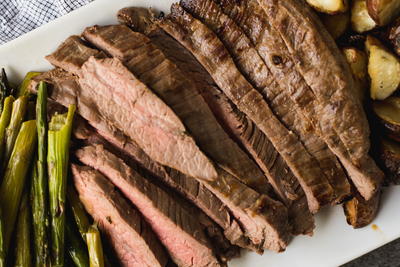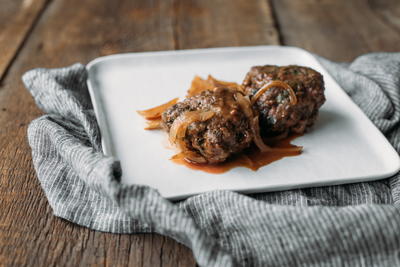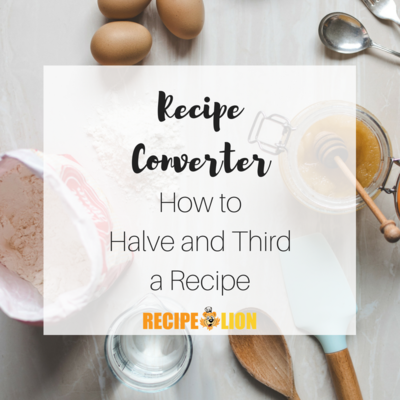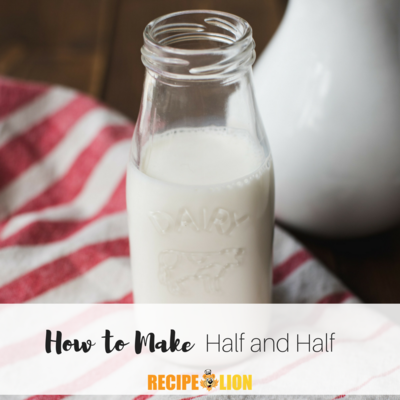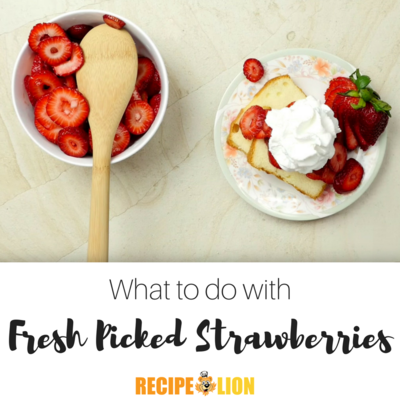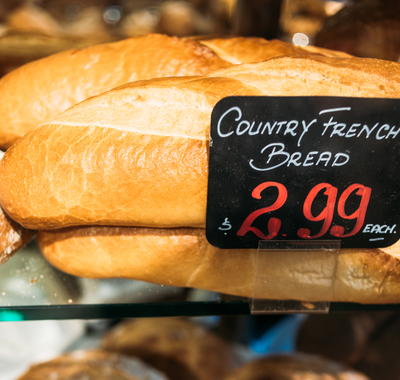Teaching Kids to Cook + Recipes for Kids to Cook
Kids can cook too! Learn the basics of cooking with kids
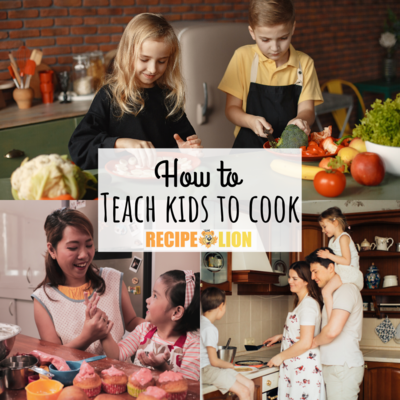
If you’re looking for a fun activity to do with your kid, consider teaching them the basics of cooking and baking. This is an easy way to spend time with your kids and to find something fun for them to do at the same time.
Cooking is a great outlet for your mess makers. Give them an activity where it's okay to get a little messy and let them have fun with it. Creative children will love the decorating that goes along with baking and you may even be able to get your wild child focused on a single task for a while.
Keep reading for tips on how to introduce your kids to this fun, family activity.
Table of Contents
What Age Should Kids Learn to Cook?
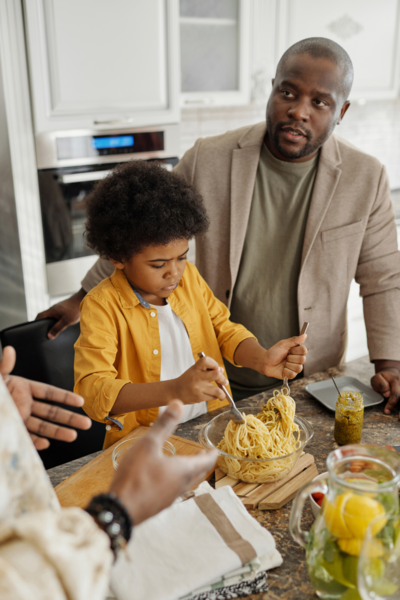
Children of nearly any age group can get benefits from cooking. The most important thing is to teach age-appropriate skills. Keep in mind the level of independence your child has. As they get older, they will be able to accomplish tasks on their own and begin to learn more difficult skills. Check out our guide for the best cooking skills to teach kids of different age groups.
Cooking with Preschoolers
You can start teaching kids to cook once they are old enough to easily communicate with you. Kids this age will need high supervision and simple tasks. Stools are important for this age group. Here’s a list of the best ways to get toddlers started in the kitchen.
- Stirring
- Setting the table
- Putting dishes away
- Finding ingredients
- Decorating
Cooking with 5-7 year olds
Kids at this age will start getting more independence. There will be some tasks they can do on their own but still many they will need help with. Keep this in mind while you’re designating new tasks for them
- Peeling potatoes
- Cracking Eggs
- Measuring
- Rinsing fruits and veggies
- Kneading and rolling out dough
Cooking with 8-10 year olds
These kids can read! Letting them help read recipes will improve their reading comprehension skills and teach them how to follow directions. They will be much more independent with more developed motor skills at this age.
- Chopping and dicing
- Reading recipes
- Grating
- Seasoning
- Washing dishes
Cooking with 11-13 year olds
This age is where kids will really start wanting to do things on their own, and you should let them. Mostly. You should still supervise more difficult tasks but they should be able to heat up lunch for themselves or make an after school snack.
- Using the microwave
- Flipping pancakes
- Browning burger
- Making basic recipes on the stove
- Baking cookies
For a perfect lunch your kids will love, check out theseDino-licious DIY Lunchables
Benefits of Teaching Kids to Cook
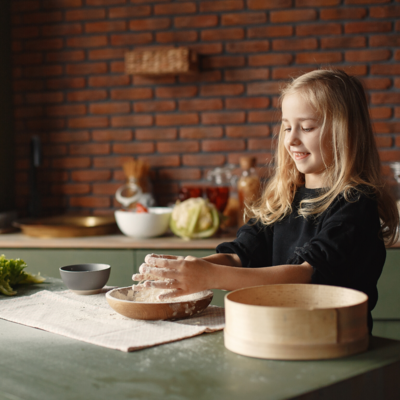
Cooking with your kids provides tons of benefits for them. They are able to learn new skills while doing something fun. Not to mention the tasty treat they’ll get in the end. These skills will help prepare them for many situations they may encounter in school, with friends, and in life in general. If you’re interested in learning more about these benefits, here are the ten most important reasons to cook with kids.
- Improve motor skills
- Spend time enhancing relationship skills and family bonds
- Increase listening and language skills
- Learn patience
- Value hard work
- Improve math skills by learning measurements
- Expand your child’s palette
- Learn to follow directions
- Encourage healthy eating habits
- Begin to learn self-reliance
How to Teach Kids to Cook
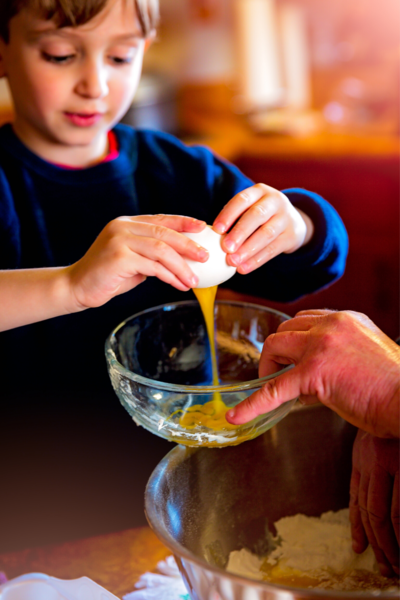
If your kids don’t know many basic cooking skills, don’t worry. You can still work with them to bring them up to speed in age appropriate kitchen tasks. The easiest way to teach your child is to get them excited about learning.
This same strategy can be applied to cooking skills. Make cooking something for them to look forward to. For many kids, cooking can be a time to hang out with parents, to display creativity, and to be proud of themselves. Looking forward to something tasty at the end is also a good motivator.
If something in the kitchen scares them, work up to it slowly. For older children, you can have the start cutting with safety knives or scissors before working up to a pairing knife.
If your kids are really enjoying the cooking lessons, consider enrolling them in a fun cooking class for their age group. This can be a great way to continue learning and to meet new friends. All in all, teaching style is going to vary from child to child. Stay positive and enjoy the time spent with them. The rest will come with time and practice.
Looking for a dinner recipe your kids will love? Check out theseTop 10 Kid Friendly Casserole Recipes

